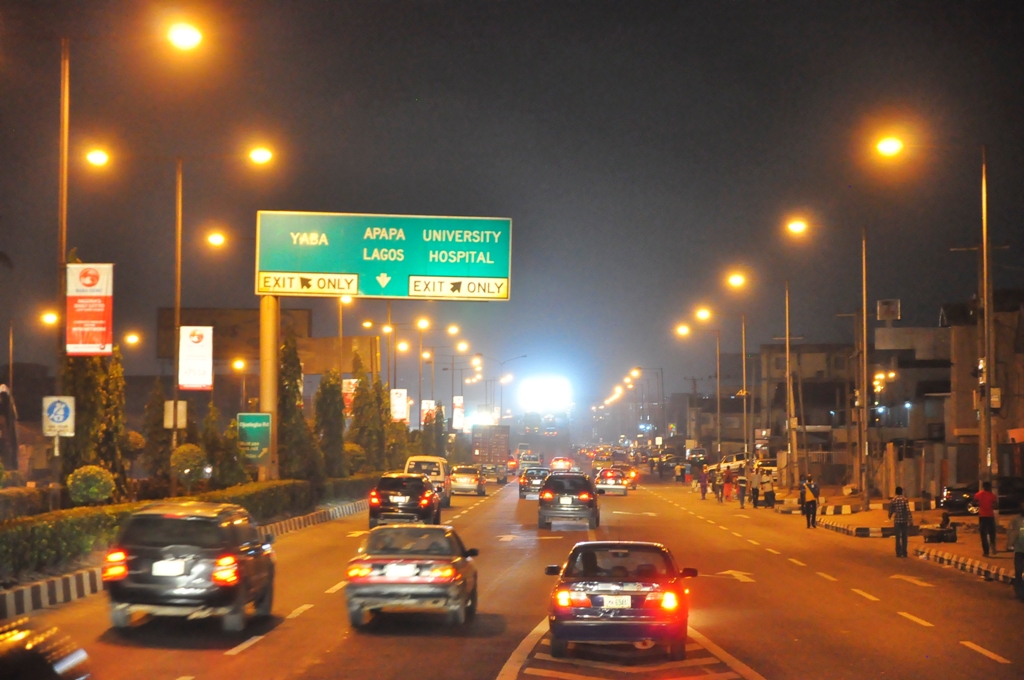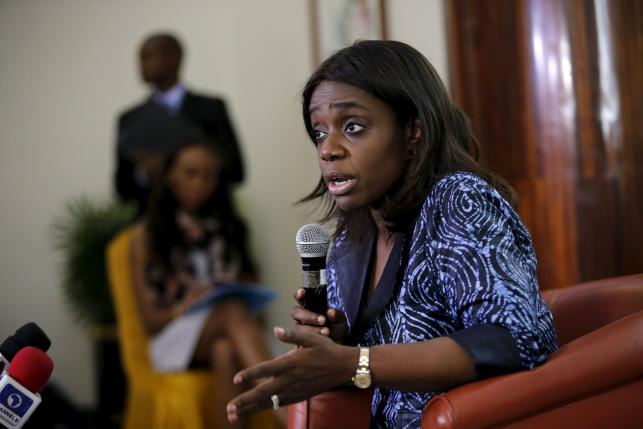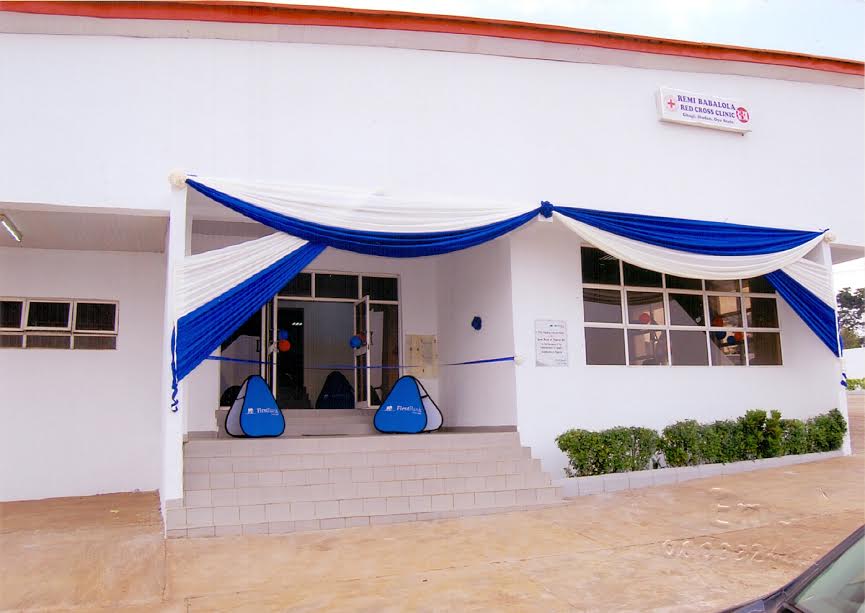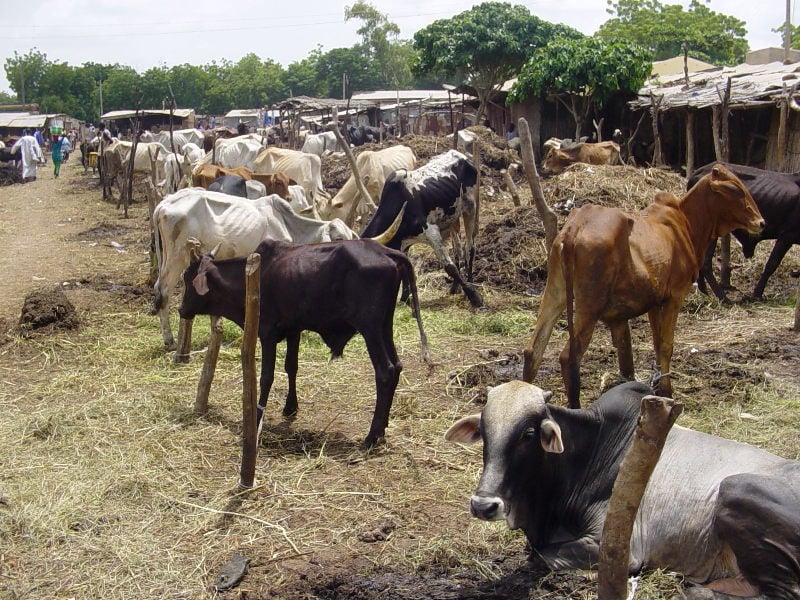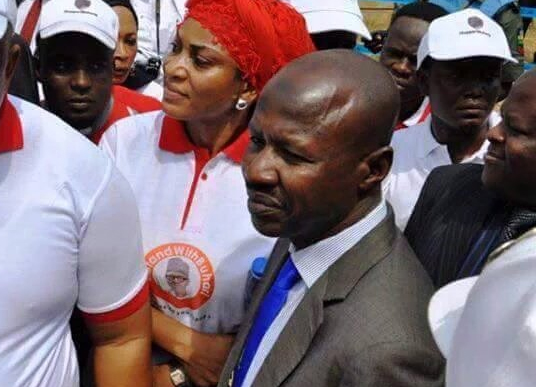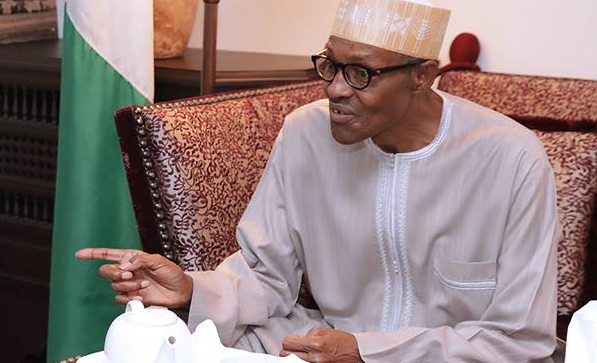BY KEHINDE BASHIRU
On the 8th day of December 2016, the senate of the Federal Republic of Nigeria passed for 2nd reading a bill for an act to provide for the constituency project in the annual budget of the federation and for other matters connected therewith (SB 321) sponsored by Stella Oduah representing the people of Anambra north senatorial district.
In this write up, I intend to show that the bill is one piece of legislation that all Nigerians should embrace for its ingenuity in solving the various challenges that constituency project (a noble concept that is capable of bringing development to the nook and crannies of Nigeria) has always faced.
Since the advent of the fourth republic in 1999, the legislative arm of government has suffered the most barrage of disparagement from the public and this is majorly due to its negative public perception about some issues. The major issues that brought such criticism ranges from issues of wardrobe allowance to furniture allowance, purchase of official vehicles and constituency projects; even till date the legislature has continued to get bashed from Nigerians who feel that the 469 members of the senate and house of representative are so unconcerned about the poor economic state we face as a people.
Advertisement
As earlier mentioned a major reason why the national assembly gets bashed from the citizenry is the concern about the proprietary of the constituency project intervention fund, there are a lot of insinuations and misinformation in the public domain as to whether the fund is meant for private pockets of the lawmakers or meant for infrastructural development of communities in Nigeria.
Constituency project can be described as a project in any community that is nominated into a budget by a particular legislator majorly for the socio and economic development of that community. Any similar project articulated by an agency or ministry for similar community is not seen as a constituency project but a “budget project”.
Constituency project is perhaps the most talked about issue in the relationship between the executive and legislative arms of government in Nigeria because on a yearly basis, billions of naira is appropriated to enable legislators in the national assembly and across the 36 states of the country carry out interventionist projects in their respective constituencies. In the 2016 national budget, N100 billion was voted for the constituency projects of the 360 members of the house of representatives and 109 senators.
Advertisement
The truth is constituency project is the only way projects can have a federal spread. A look at the annual budget will show that projects usually do not cover every part of the country. But through constituency project, every constituency gets something. It is the best approach to bring about even development as every part of the country falls under a constituency.
Naturally, the Nigerian masses look up to government for democracy dividends. The Nigerian national assembly in response to the yearnings of their constituents for development for Federal presence demanded and got “Constituency Project” intervention fund. Since the inception of constituency project in Nigeria there has been misconceptions, misinterpretations and ill judgement of the constituency project administration. This and indeed some other factors have painted the hallowed chambers of National Assembly in bad light. Critics of the Fund are quickly to call it “food for the boys”. This is practically not so.
In addition to public miss-conception of the operations of the fund, another major problem that critics of the fund talk about is the issue of midway project abandonment. Abandoned projects have been a bane of infrastructural development in Nigeria and the constituency projects is no exception. More worrisome are instances, where some of the constituency projects were abandoned midway because the legislators who initiated them left office before the completion of the projects.
However, it is instructive to note that virtually all the concerns and fears of the people on the concept of constituency project has been addressed by that auspious bill of Stella Oduah. Indeed the bill passed the age long principle that law is made to cure an existing mischief. A cursory analysis and understanding of the Bill will clearly show that when passed into Law, constituency project intervention fund will be more transparent and most importantly effective.
Advertisement
Clause 1 of the Bill sought to institutionalize the concept of constituency project by allocating a specific percentage of the annual budget estimates to it. In essence this will bring in more transparency and accountability to the project and reduce the needless annual friction that constituency project causes between the executive and the legislature. The people will also know how much in specific terms is going to provisions of road infrastructure, building of classrooms, health centers etc.
Clause 2 of the bill clearly sets out the objectives of the constituency project intervention fund which are; wealth creation, fight against poverty and infrastructural development. There is nothing that can bring us out of recession save these 3 objectives and if this Bill is passed into law, it means Nigerians can freely monitor the application of the funds and ensure that it is properly applied to fulfill its objectives.
One of the radical provision of the bill is in its clause 6 (1) which provides that all projects must be community based, this is a fantastic provision in the sense that it has guaranteed that the whole essence of the project will be achieved by ensuring that the inhabitants of the community will benefits and that is whole essence of Governance. For me clause 6 (2) is one provision that must be applauded by all and sundry. It lay to rest the challenge of abandoned project that is often the bane of constituency project in Nigeria and this usually occurs when the initiator of a project loses his/her seat.
The clause ensured that all projects while initiating a project, funds that will complete such project or take it to a defined phase must be allocated. This clause is too good to be true because even when a Legislator loses his/her seat the people now have assurances of having completed projects that will benefit them and not the usual abandoned projects that benefits no one and yet a sheer waste of public money.
Advertisement
Clause 8 also addressed one of the challenges that has bedeviled constituency project in our clime, the misconception in public space is that Legislators directly receive funds meant for constituency projects, some people even say that Law makers are the contractors that carry out the projects on their own. In my estimation this Bill has laid that to rest.
For the avoidance of any doubt and by its provision, the bill provided that relevant Government agencies should in compliance with extant government regulations, implement and oversee the execution of all constituency project.
Advertisement
Like I stated earlier, this Bill has allayed all fears and clear all doubt, misconception and miss -trust that existed between the beneficiaries and the initiators of the Constituency project. Indeed Stella Oduah must be commended for sponsoring such a bill that has sought to address the challenges that bedeviled the success of a good concept but that is losing its grounds because of misconception on the part of the public.
Indeed without constituency projects, some communities will never feel governance, they will not even know whether there is government in Nigeria or not. The best approach to budget is through the representative structure of the parliament whether at the local, at the state or at the federal government as proposed by the bill because there is no village that is not covered by a state assembly constituency that is not under a federal constituency or that is not under a senatorial district, there is no village in Nigeria.
Advertisement
All NGOs, CBOs that clamor for good governance and indeed all Nigerians must support the bill.
Bashiru is a public policy analyst.
Advertisement
Views expressed by contributors are strictly personal and not of TheCable.
